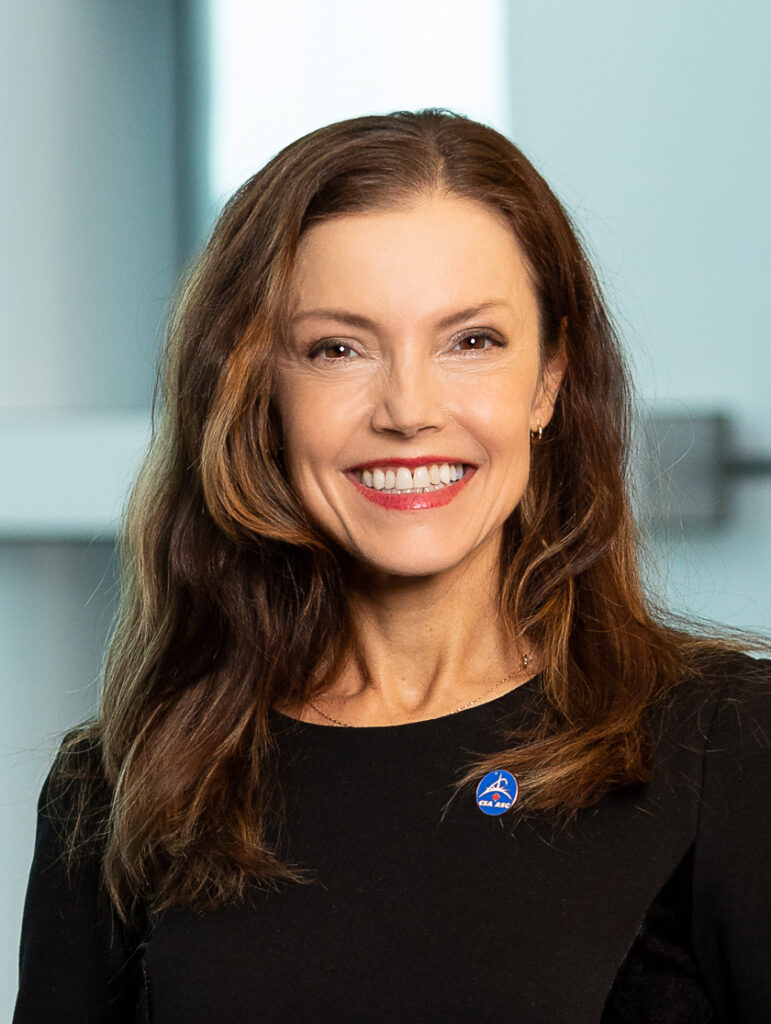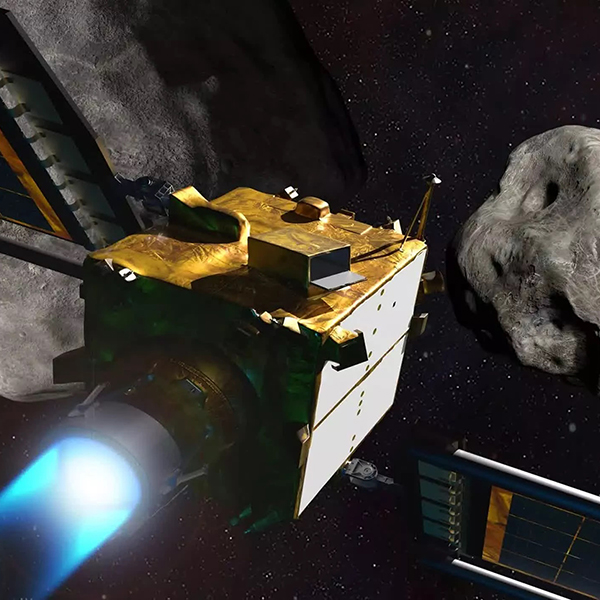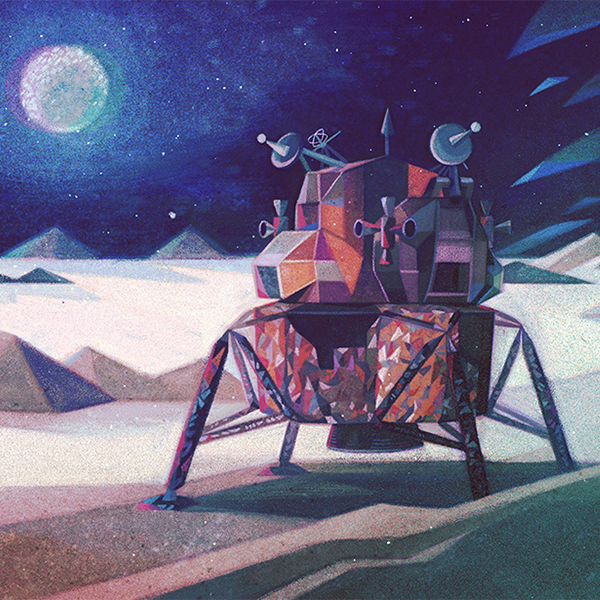Canada is about to embark on a new era of space exploration and Lisa Campbell, BA’88, will be playing an instrumental role in charting the course.
Campbell is the president of the Canadian Space Agency, the first woman to hold that job. There will be no shortage of major projects for her to attend to in the years to come.
In two years from now, Canada will become only the second country after the U.S. to send an astronaut to the Moon. A Canadian astronaut will take part in the planned Artemis II mission as part of the first crewed flight of NASA’s Orion spacecraft.
Orion will carry four astronauts once around the Moon, using lunar gravity to slingshot over its dark side and travel back to Earth.
Canada will also construct Canadarm3, the latest iteration of its internationally renowned robotic technologies for space missions (the first Canadarm made its debut aboard a space shuttle back in 1981).
A robotic arm incorporating artificial intelligence, Canadarm3 will be a pivotal part of the Lunar Gateway, a new U.S.-led space station that will orbit the Moon.
The Lunar Gateway, which will be roughly one-sixth the size of the International Space Station, “will be a mission control centre for operations on the Moon and one day, possibly a stepping stone for voyages to Mars,” Campbell says.

the Canadian Space Agency
Credit: Canadian Space Agency
Canadarm 3 will play an important role, taking on maintenance tasks and repair work when no humans are on board the station. It will also assist astronauts during spacewalks.
Campbell describes the Canadian Space Agency as “an innovation machine.”
She says Canada’s involvement in space has helped pave the way for advances in machine learning, robotics, satellite communications, and other areas. She cites the neuroArm, a robotic tool now used in neurosurgery, which was developed from Canadarm technology.
“We do a lot of work in healthcare,” says Campbell. “When you go to space, it has an impact on your body. The loss of gravity has an impact on aging, on bones, and we learn a lot about health that we can apply here on Earth.”
Space activities generate revenues of $6 billion a year for Canada and employ about 4,250 people – many of them in well-paying STEM positions. Globally, space activity is projected to be worth $3 trillion U.S. dollars in the next 20 years.
“We want Canada to be part of that,” says Campbell.
“We work with academics, researchers, scientists [and] everybody else in Canada who is interested in innovation. And our goal is to grow the Canadian space sector, which is 94 per cent made up of small- and medium-sized enterprises.”
Last October, in a presentation she made to the House of Commons Standing Committee on Industry, Science and Technology, Campbell touched on another important benefit of Canada’s space efforts. “In a country as vast as ours, observing earth from space helps us support Canadians, exercise sovereignty and manage our natural resources.”
Campbell says that the data acquired from Earth observation satellites, like the three Canadian satellites that were launched in 2019 as part of the RADARSAT constellation mission, can play an important role on an array of fronts, from agricultural planning to climate research to disaster management.
Born in Montreal, Campbell was a McGill undergrad in the 1980s, doing her BA in political science.
“I actually started in psychology,” she says. “[But] what interests me is the macro, and political science offered all that because it [touches on] history, how society organizes itself, philosophy, economics – all of which I’ve ended up using in my career.”
After McGill, Campbell did a law degree at Dalhousie University in Halifax. From Dalhousie she moved to Ottawa, practicing as a defence lawyer before entering the public service. There Campbell moved through a succession of jobs, becoming chief legal counsel to the privacy commissioner before moving to a management role in the information commissioner’s office.
She was acting senior deputy commissioner of competition and mergers at the Competition Bureau before she was named assistant deputy minister, defence and marine procurement, and then associate deputy minister, veterans affairs.
At the Department of National Defence, her role was managing annual purchases of $10 billion a year, “everything from aircraft, to ships, to ammunition to clothing. You name it,” she says.
As the head of the Canadian Space Agency, Campbell oversees the country’s astronaut program.
Four of the nine Canadians who have gone to space so far have McGill connections: Julie Payette, BEng’76, DSc’03, Robert Thirsk, MDCM’82 and Dave Williams, BSc’76, MSc’83, MDCM’83, DSc’07, are all McGill graduates. David Saint-Jacques did his medical residency at McGill and is an adjunct professor in McGill’s Department of Family Medicine.
Saint-Jacques is now on leave from the astronaut program, putting his medical training to work during the COVID-19 pandemic at the McGill University Health Centre.
“We’re very proud of that,” Campbell says.
Saint-Jacques remains a member of Canada’s current corps of four astronauts, along with Jeremy Hansen, Joshua Kutryk and another McGill grad, Jenni Sidey-Gibbons, BEng’11. All are accomplished and multi-skilled. Saint-Jacques, for instance, has a PhD in astrophysics to go along with his medical degree.
“These are pretty impressive folks,” Campbell says.
When a member of that impressive quartet is launched on a historic flight to the Moon in 2023, you can bet that Lisa Campbell will be looking skyward.


